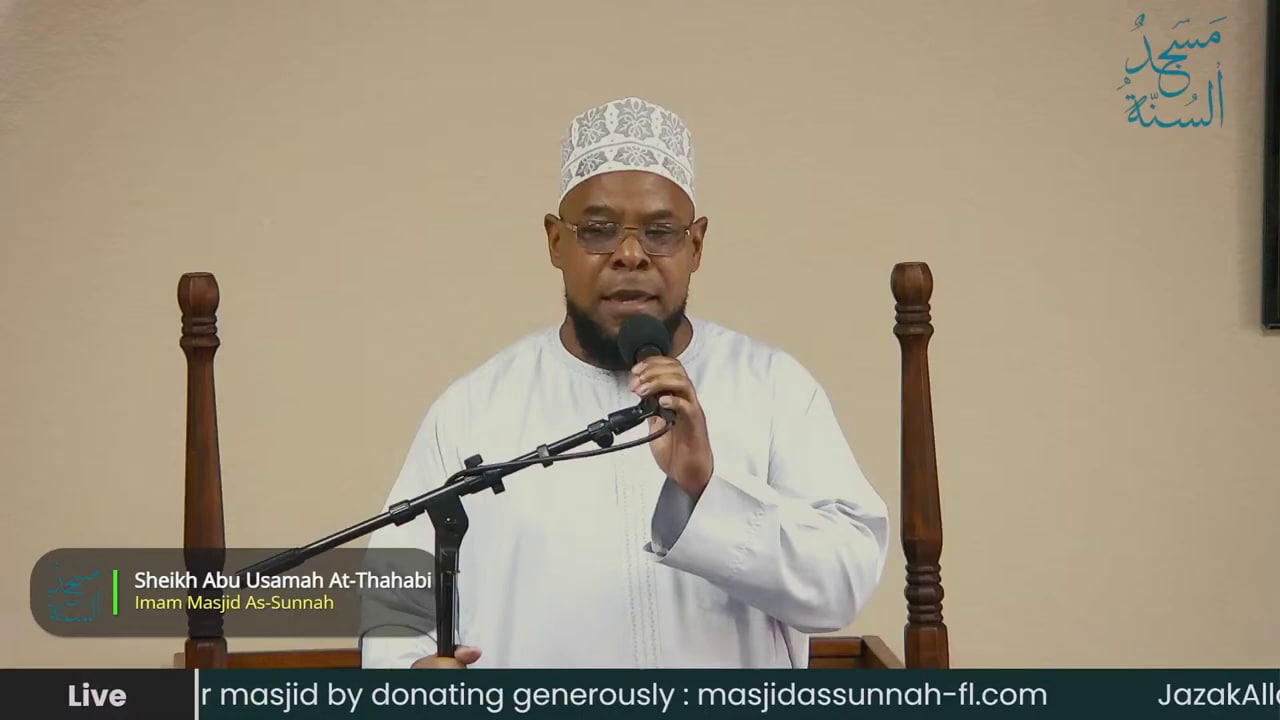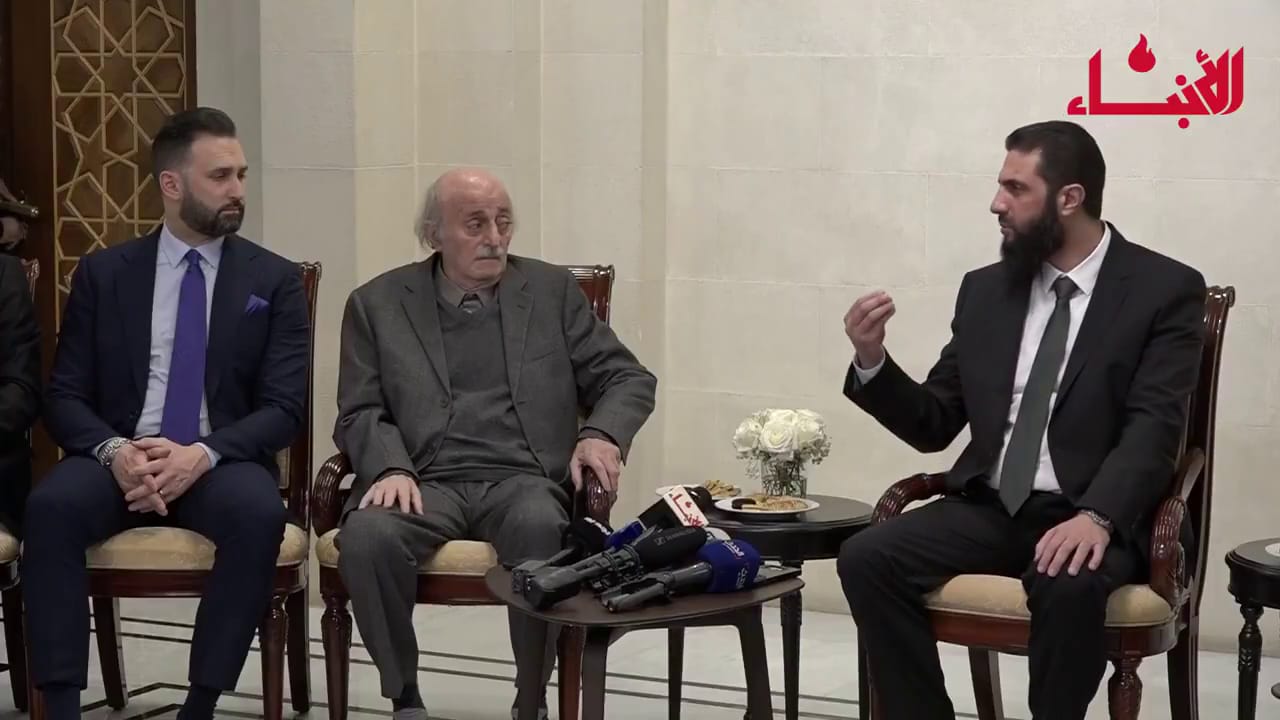
Hicham Nostik, who goes by the Internet identity of "Moroccan infidel" on social media, recounted the transformation he underwent after coming to Germany. Spending time with mujahideen at the mosque where he was living, "I turned more religious and became acquainted with the dark side of Islam," he told Egyptian-German scholar Hamed Abdel-Samad, on whose "Box of Islam" Internet show he was interviewed. "We were going to implement the shari'a and conquer Germany," he said, describing the "hypocrisy" of using "the rhetoric of peace and love" when talking to non-Muslim Germans. "I was living in the graveyard of history. I was dead," he said. It was only when he enrolled in a Christian university – in the hope of converting people to Islam – that he realized "that my understanding of Christianity had nothing to do with theirs." Hicham Nostik summed up his position: "It is inconceivable that a God, who is supposed to be merciful, and more compassionate than a mother toward her child, would sell people in the marketplace, and legalize slavery and all those barbaric punishments, like the killing of apostates." The show aired on August 12, 2018.
The following are excerpts:
Hamed Abdel-Samad: When you came to Germany, you were very religious.
Former Islamist Hicham Nostik: Yes.
Hamed Abdel-Samad: You went to stay at a mosque in Heidelberg. Tell us about this mosque and what kind of Muslims you met there.
Hicham Nostik: I became even more religious when I came to Germany, even though I had already belonged to Islamist groups back in Morocco.
Hamed Abdel-Samad: You mean the Justice and Spirituality Movement?
Hicham Nostik: Yes, but also the Reform and Renewal movement. I was a member of several groups, and sometimes I would participate in activities. But when I came to Germany, things changed. It was the early 1990s, and the civil war in Bosnia and Herzegovina was raging. It was as if I was entering a brand new world. This new world was calling to me. I lived in the mosque itself. There I met mujahideen, who were passing through the city. They would spend a few days at the mosque. Some of them would go to the Jihad, and some would return. Some would take clothes, food, and other things for the mujahideen. I experienced this firsthand, because I used to spend time with them, and would live with them at the mosque. I experienced this firsthand, as we say. So I turned more religious and became aquainted with the dark side of Islam. There is the glamorous side of Islam, which aims to embellish the image of Islam, and present it as a religion of peace, love, and so on. But in the mosque in Germany I got to know the real Islam – the doctrine of "Loyalty and Disavowal," and various issues regarding the implementation of the shari'a. I became acquainted with these things through the mujahideen, and through the mosque library, which was full of Hanbali books.
Hamed Abdel-Samad: Ibn Taymiyyah…
Hicham Nostik: Ibn Taymiyyah, Ibn Qayyim, and so on.
[…]
At the mosque, I felt strong. The divine power and the mujahideen were on my side, and we were going to implement the shari'a and conquer Germany. This was the discourse in the mosque, but the discourse we used toward the Germans was entirely different. It was hypocrisy.
Hamed Abdel-Samad: What would you say to the Germans when they would come to the mosque?
Hicham Nostik: From time to time, they would visit the mosque, and we would also hand out flyers and booklets in the main street of the city. Obviously, we would use the rhetoric of peace and love: "For you is your religion, and for me is my religion," "There shall be no compulsion in religion," and everything you want to hear from a Muslim.
Hamed Abdel-Samad: That Islam honors Mary…
Hicham Nostik: Right. And Jesus too. But when we were talking among ourselves, we used the real Islamic discourse. We talked about making the utmost effort to conquer this country, because this country should be governed by the law of Allah. It cannot remain the way it is. It must be governed by the law of Allah, and this day will come.
Hamed Abdel-Samad: So not only were you living in a mosque, but you were living in a different age…
Hicham Nostik: Absolutely.
Hamed Abdel-Samad: For you, it was not 1995, but 632 or 628.
Hicham Nostik: That's right. I was living in the graveyard of history. I was dead.
Hamed Abdel-Samad: And then?
Hicham Nostik: Then, I left the mosque and moved from friend to friend. Afterwards, I got an opportunity to live in Frankfurt with some friends, and I enrolled in a Christian university there. I was living on campus, and I got to know people there – conservative Christians who had come to study Christianity. I thought this was a great opportunity to do some da'wa. I believed that with my knowledge of Christianity, gained from the Quran…
Hamed Abdel-Samad: You'd be able to knock out your enemies with their own weapon.
Hicham Nostik: Of course. I thought that just like Muhammad had done, I would correct their notions, and they would understand and convert to Islam in droves. It was as simple as that to me. But of course, I was completely clueless. When I started talking to the Germans there, I realized that my understanding of Christianity had nothing to do with theirs.
[…]
I started to study the history of Christianity, and this had an impact on me.
Hamed Abdel-Samad: It backfired…
Hicham Nostik: Absolutely. I entered a complex labyrinth… I realized there is a dilemma: Either you accept the historical facts, or you accept what the Quran says.
[…]
I found mistakes [in the Quran] that even a young Sunday school student would not make. So how could it be conceivable that the Lord of the Universe would make such mistakes?
[…]
The final straw for me was the moral issues. It is inconceivable that a God, who is supposed to be merciful, and more compassionate than a mother toward her child, would sell people in the marketplace, and legalize slavery and all those barbaric punishments, like the killing of apostates.














